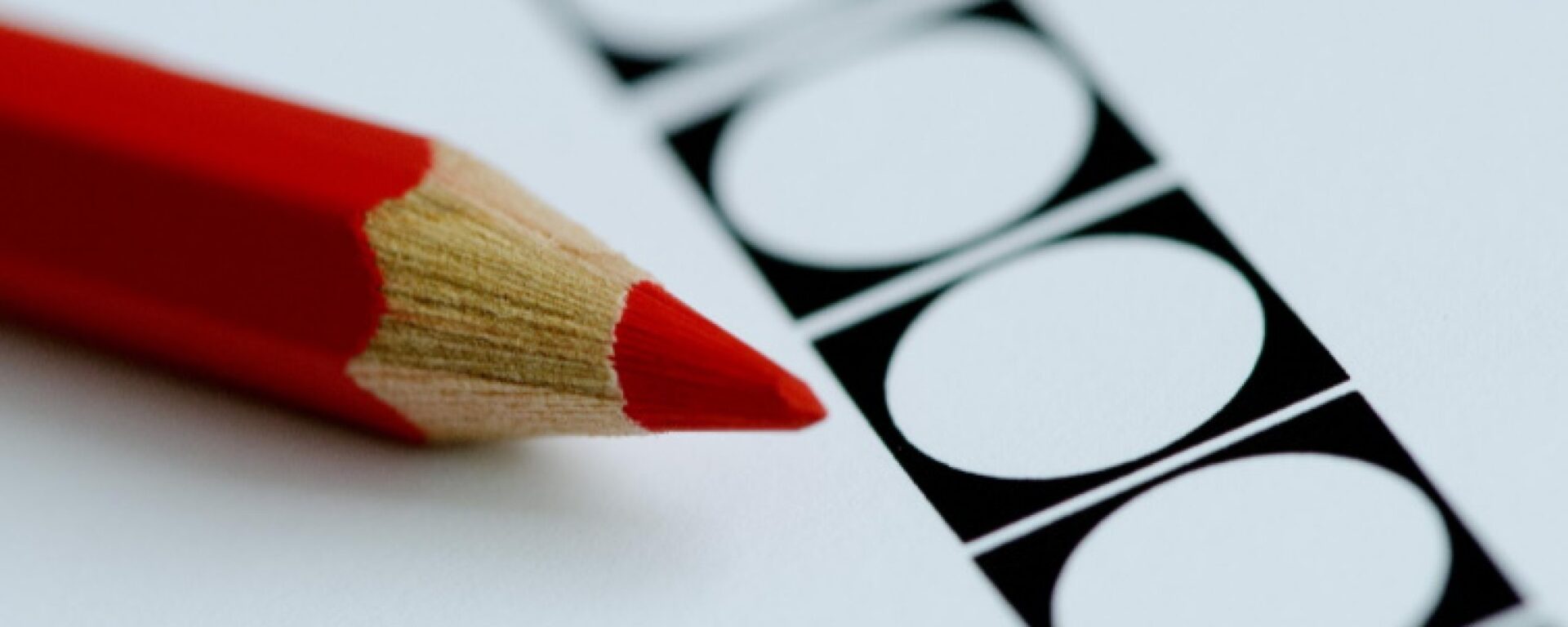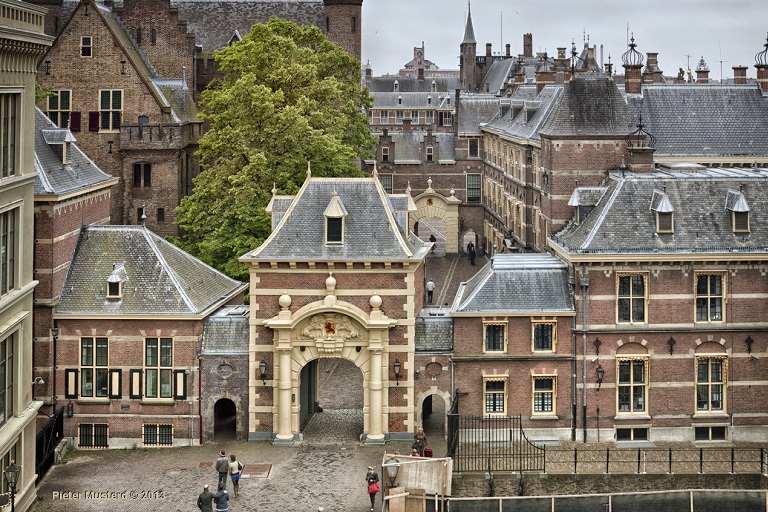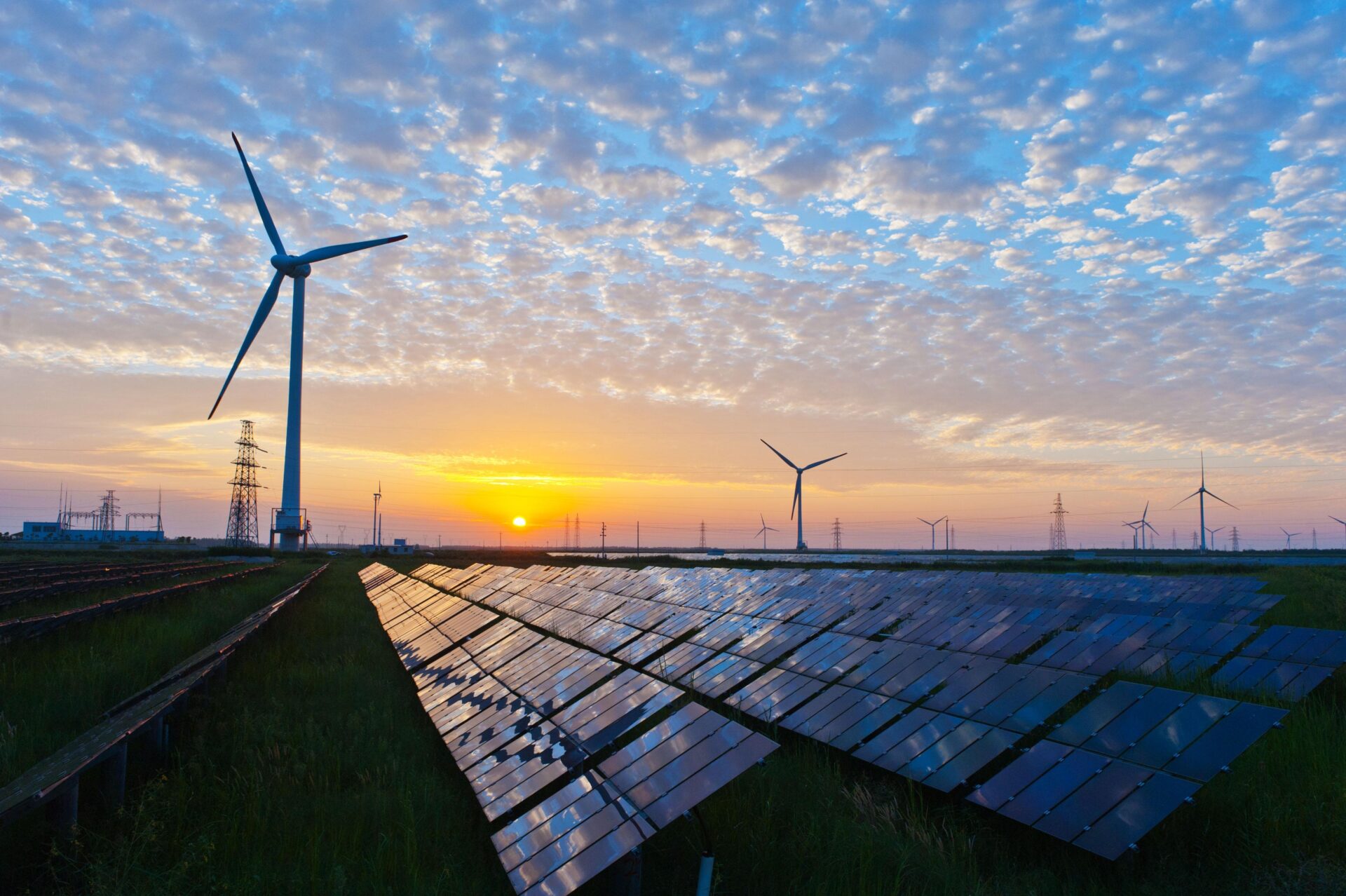Publieke Zaken was Tuesday, June 18, dedicated to the circular economy. FinCo, CIV Texel, IGES, PARO, KIMO and Stichting de Noordzee signed their cooperation agreement Plastic2Fuel. This collaboration aims to fishing non-recyclable plastic from the North Sea and converting it into clean fuel. The fuel can then be supplied to the fishing industry, which fished up the plastic in the first place. This creates a circular cycle.

The secretary of state opened her lecture with a comment on Plastic2Fuel. 'There are a lot of initiatives that are developing in the field of the circular economy and Plastic2Fuel is a a great example of that.' She also takes up the recommendations from Annerijn Leegte's research. She did research during School at Sea into the plastic problem. Van Veldhoven could not promise that she will designate fuel obtained from plastics as a form of renewable energy. That is still a consideration process. I'm going to talk to the House of Representatives about that first.'
In any case, the fact is that plastics and their opportunities and risks are in the spotlight worldwide. The last G20 summit in Japan was entirely devoted to the circular economy. That is rightly so, if it is up to the secretary of state. 'Every piece of plastic was once made, bought and thrown away. It is a problem that we ourselves have created and must solve ourselves,' said Van Veldhoven. Moreover, the western world cannot expect to be able to dump its used plastic in other continents. China has previously indicated that it no longer wants to import and other Asian countries are following suit. The proposed solution to trade plastic is nice theory, but encounters an recalcitrant practice. 'Countries like Vietnam and Malaysia have no capacity for it. Ultimately, the Netherlands must stop shipping plastic,' the state secretary stated.
Van Veldhoven is certainly not sitting idle. For example, she recently concluded the Plastic Pact, signed by more than seventy companies and environmental organizations and includes four goals that should ensure more recycling and less use of plastic. France simultaneously published a similar agreement. Together with her foreign colleague, Van Veldhoven is now trying to convince the rest of the EU. 'We will have to bring the activities of countries together.' She wants to ensure that people both inside and outside the EU have the opportunity to make a sustainable choice. According to her there is a lot of room to connect green and growth. This is also necessary, because our increasingly affluent world population will need three times the earth's resources by 2050 if our consumption patterns do not change.
What drives our secretary of state to put this problem at the top of her agenda? According to Van Veldhoven, the Paris goals can only be met if we also commit to recycling and reuse. This is why the circular economy is so important to her. She concluded her story with a personal note: "I have two children aged 11 and 13. When they ask me later, "Mom, what did you actually do when you sat on that chair?", I want to be able to say "Everything I could".





